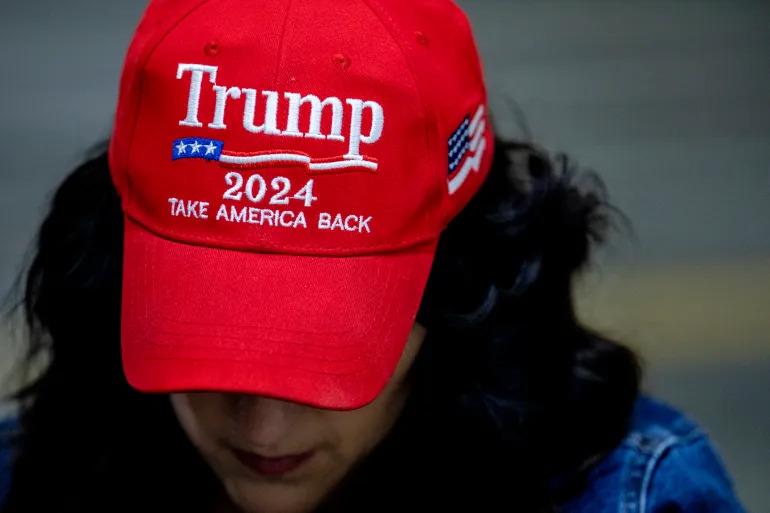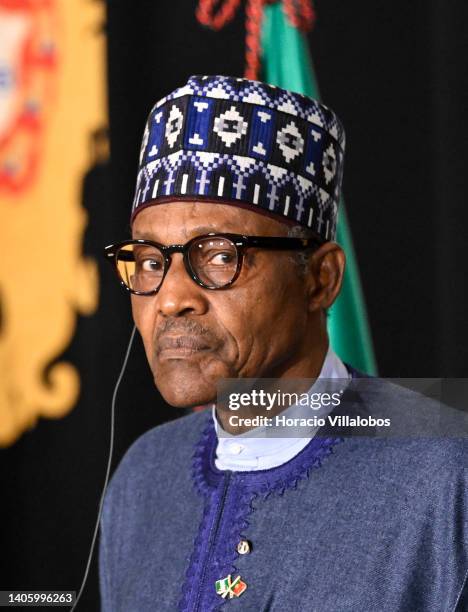Donald Trump has won a second term as U.S. president, with the Associated Press projecting him to have reached at least 270 Electoral College votes necessary for victory. Trump, 78, defeated his Democratic opponent, Vice President Kamala Harris, 60, following a turbulent and fiercely contested election.
*World Leaders React as Results Come In*
Trump’s victory sparked immediate responses from leaders around the world, congratulating him as the final votes continued to be counted in key battleground states. Israeli Prime Minister Benjamin Netanyahu hailed Trump’s win as “history’s greatest comeback,” while China’s Foreign Ministry spokeswoman Mao Ning emphasized that Beijing remains committed to “mutual respect, peaceful coexistence, and win-win cooperation” in its relationship with the U.S. The international community has been closely monitoring the U.S. election, with many leaders expecting significant shifts in global policies under a renewed Trump administration.
*Possible Shifts in U.S. Domestic and Foreign Policy*
Analysts suggest Trump’s win could signal a “revenge” administration, with the president-elect promising strict measures against those he accuses of undermining the country. Trump has hinted at using the U.S. military against perceived internal threats, prosecuting political opponents, and implementing the largest deportation operation of undocumented immigrants in U.S. history. Additionally, he pledged to act as a “dictator” on his first day back in office, a comment that raised alarms among political observers about potential shifts toward authoritarianism. Experts warn that Trump’s approach may have lasting impacts on U.S. policy, reshaping domestic and international relations for years to come.
*Trump’s Return Seen as Turning Point in U.S. Liberalism*
Political analysts believe Trump’s victory marks a potential end to the era of American liberalism that has dominated since World War II. Al Jazeera’s senior political analyst Marwan Bishara noted that Trump’s resilience, despite legal challenges and his 2020 loss, underscores his unique standing among politicians. Bishara suggested that Trump’s leadership could dismantle regulatory frameworks established during the administrations of Franklin D. Roosevelt through Barack Obama, affecting policies on race, immigration, social security, and climate change. This ideological shift may provoke significant changes in how the U.S. approaches issues long considered pillars of its liberal order.
*Trump’s Appeal to Voter Frustration and Anger*
Trump’s success has been attributed to his ability to tap into widespread frustration and resentment, says Scott Lucas, professor of international politics at the University of Dublin. Lucas noted that Trump’s campaign capitalized on underlying societal anger, which has intensified since events like 9/11, the 2008 financial crisis, and the rise of populist politics. Trump leveraged this sentiment, focusing on discontent with the country’s perceived direction and presenting himself as an outsider who could restore America’s standing.
Though the Harris campaign highlighted economic gains made under President Joe Biden—such as reduced inflation and a historically low unemployment rate—Trump’s strategy of amplifying discontent dominated the media narrative. Lucas warned that Trump’s return could lead to “a much more dangerous era for Americans and the world,” as his administration may prioritize personal goals over consistent national policy.
AP











